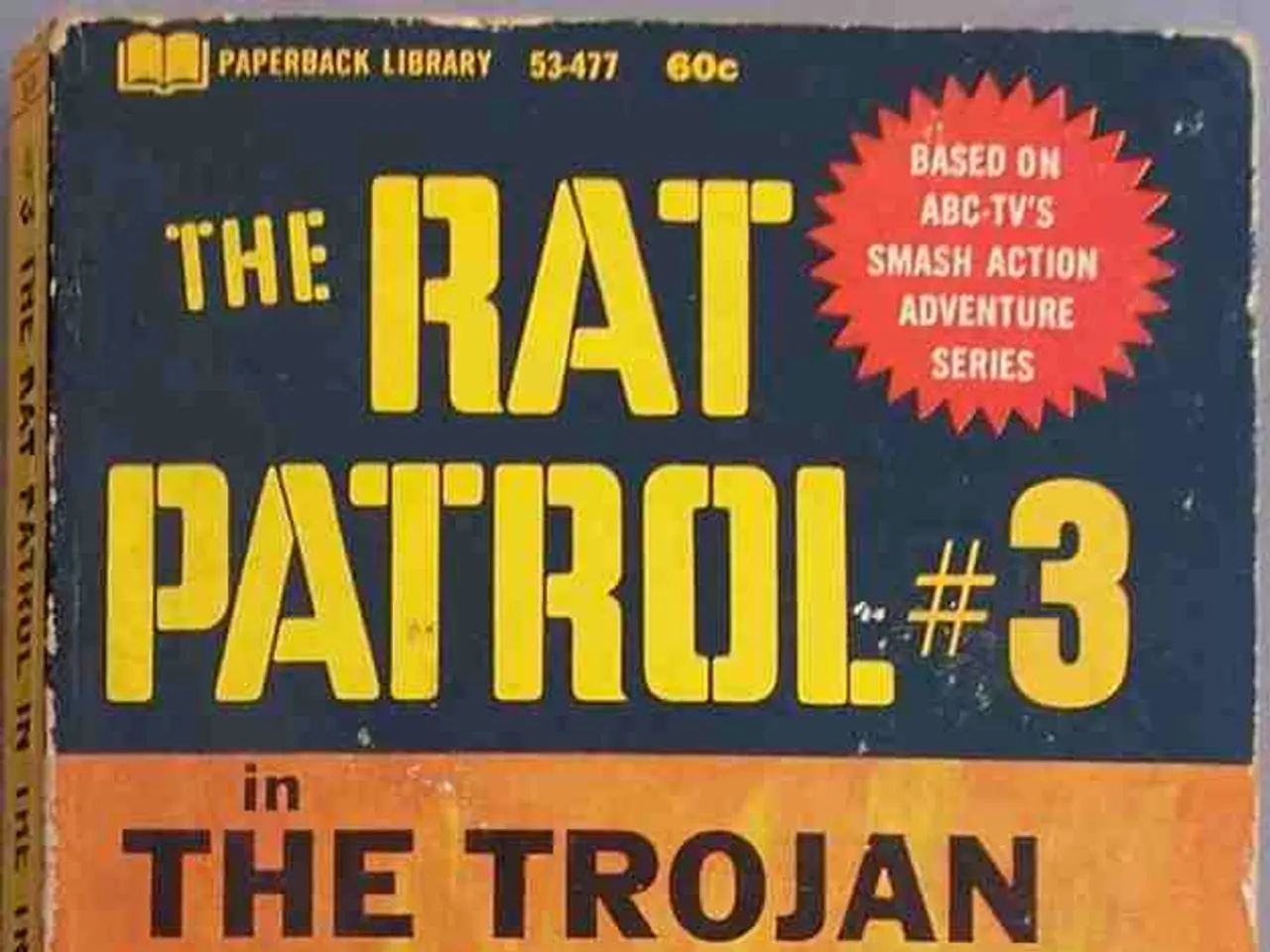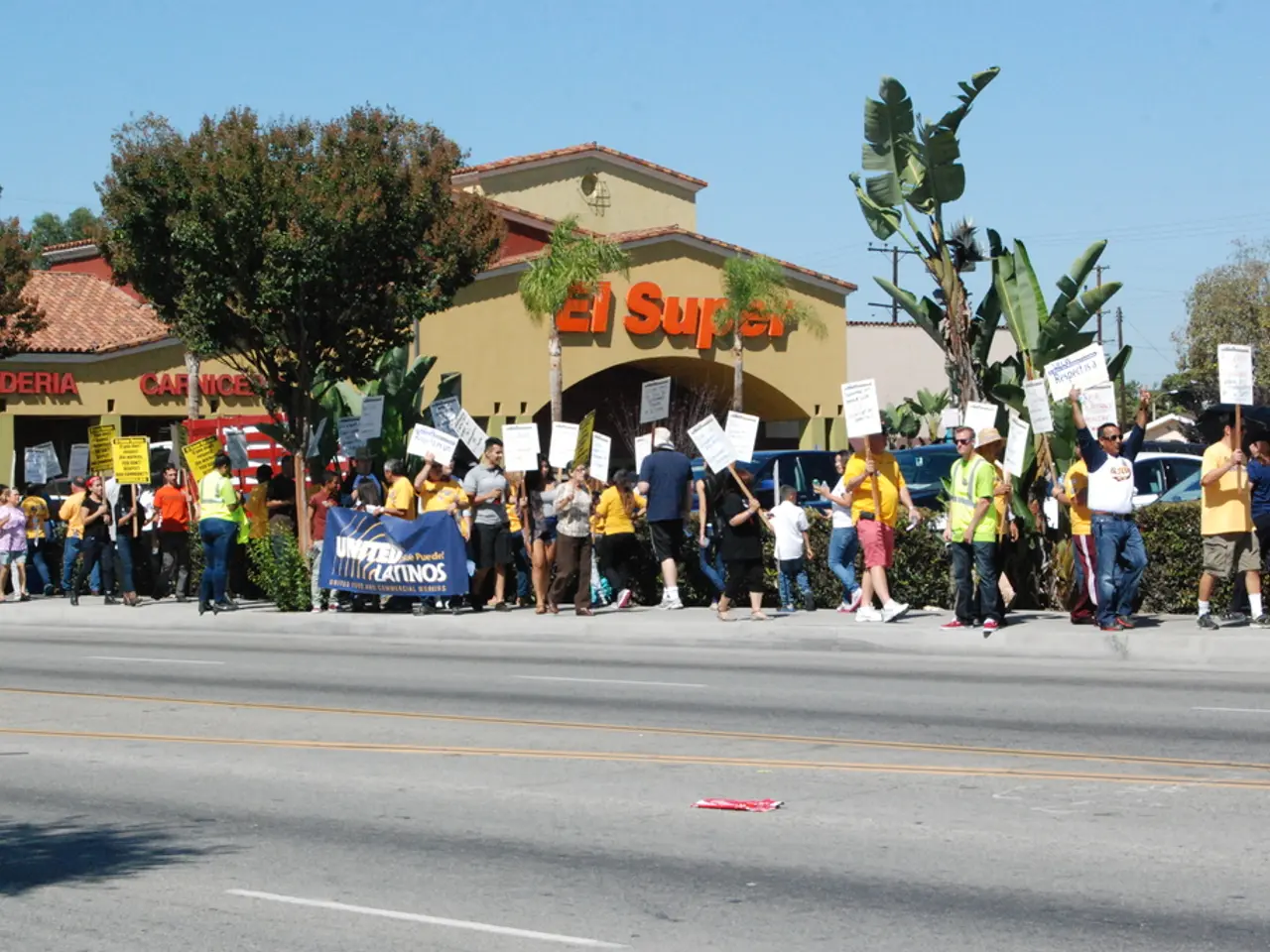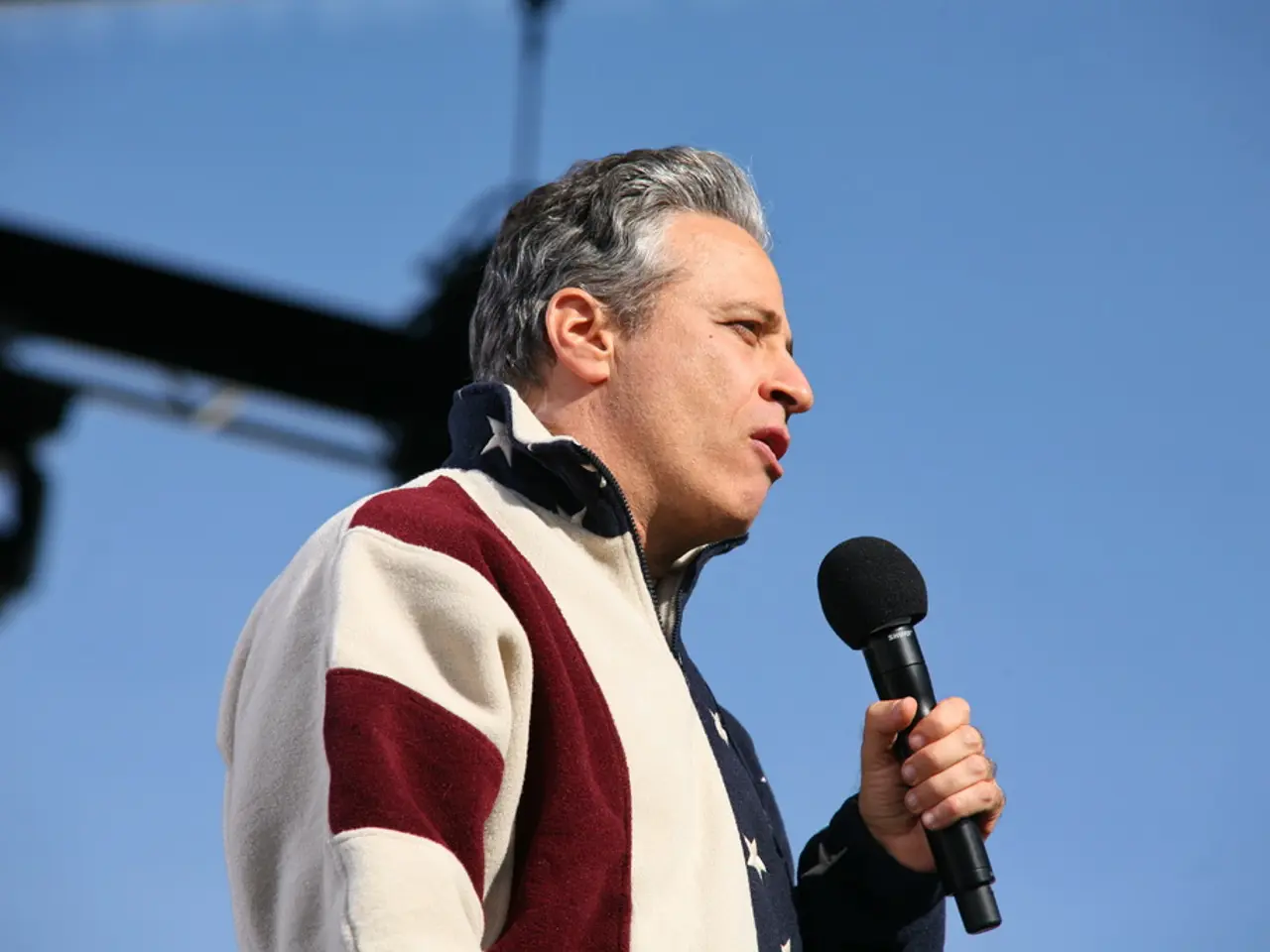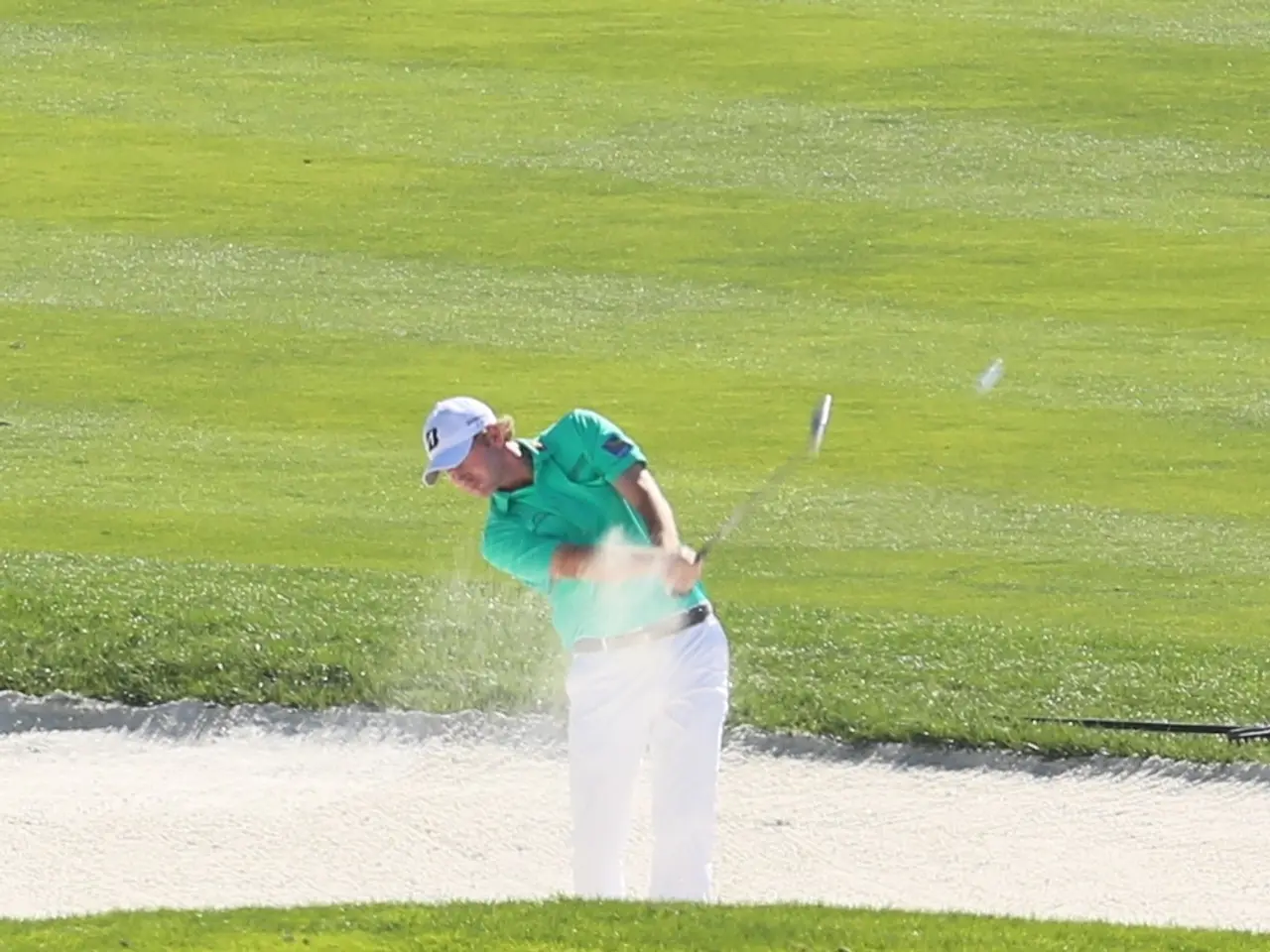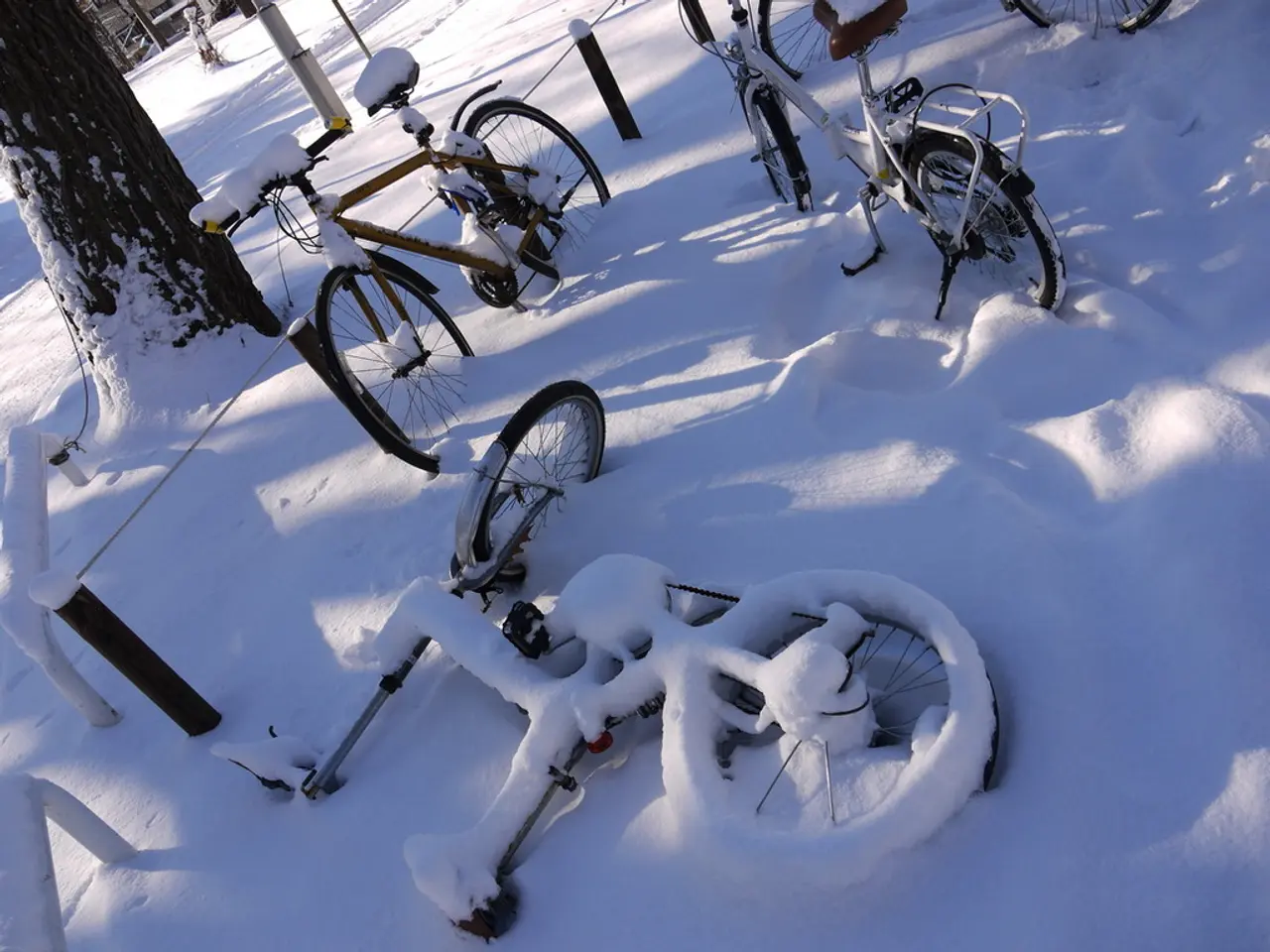Syria's bombardment by Israel: Who are the Druze and why is their protection a crucial factor?
In the southern region of Syria, a fragile peace has been established in the city of Suwayda, a stronghold for the Druze community, after days of intense clashes between local Druze militias and Syrian government forces, as well as Bedouin tribal fighters.
The Syrian army began withdrawing on July 16, 2025, following an agreement with local Druze leaders. The accord included the establishment of local checkpoints, disarmament of groups outside government oversight, and reintegration of Suwayda into the Syrian state.
The violence arose from clashes between Druze militias and Bedouin fighters, causing at least dozens of casualties and many injuries. The hostilities escalated significantly, drawing the Syrian military into the area to restore order.
Israel has carried out airstrikes targeting Syrian military positions in and around Damascus and Suwayda, asserting these were in response to Syrian actions perceived as threats to the Druze minority. Israel's Defense Minister, Israel Katz, has threatened to intensify attacks on government forces in Suwayda if they do not withdraw from the area.
The Druze community, an Arab sect of roughly one million people who primarily live in Syria, Lebanon, and Israel, has deep familial and historical ties with Israel's Druze citizens. Israel is committed to preventing harm to the Druze in Syria.
However, not all within the Druze community are supportive of the ceasefire. Hikmat Al Hijri, a prominent Druze figure, has rejected the agreement, calling on his supporters to continue fighting.
The US has been trying to steer countries in the region towards a different path, envisioning Syria signing onto the Abraham Accords. The Israeli government has unilaterally declared a demilitarized zone in Syria that prohibits the introduction of forces and weapons.
The UN has called for urgent de-escalation and protection of civilians amid reports of killings, abductions, destruction of property, and widespread human rights violations in Suwayda. Over 100 people have been injured, and dozens killed, including soldiers.
The situation remains volatile, with ongoing fears of sectarian violence and regional escalation. The Druze, who are concentrated around three main provinces close to the Israeli-occupied Golan Heights, remain cautious of Islamist leader al-Sharaa due to his jihadist history.
Approximately 130,000 Israeli Druze live in the Carmel and Galilee in Israel's north. Hundreds of people from the Druze minority crossed over from the Golan Heights into Syria, according to the Israeli military.
As the situation unfolds, it is clear that the protection and safety of the Druze community remains a priority for both Israel and the international community.
In the context of the General News, the US is trying to steer countries in the region towards a different path, envisioning Syria signing onto the Abraham Accords, which could potentially influence the political dynamics surrounding the Druze community in Syria. The ongoing violence and sectarian tensions in Suwayda, as well as the threats from Israel's Defense Minister, Israel Katz, highlight the volatile political situation that the Druze community is currently facing.


